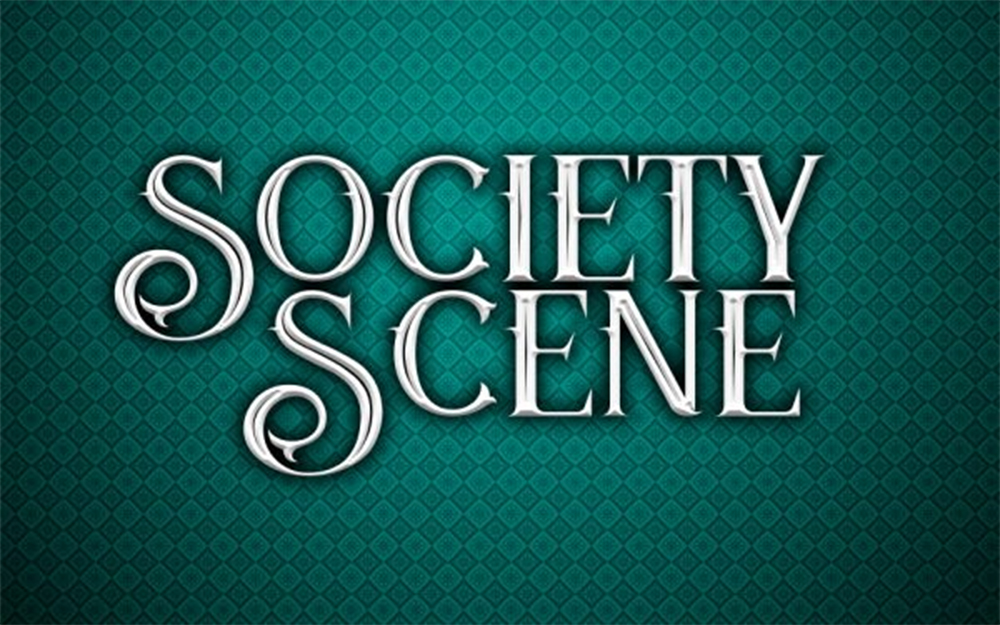
By Sunny Simon
I nodded with understanding as Erin continued her rant on the behavior of her business partner. The pair had jointly created and delivered a sales presentation to an A-list client. Although the meeting went extremely well, the aftermath got messy. The pair left the client’s office stopping at a coffee shop to debrief using a “did good, could have done better,” methodology. Erin’s take was 93% did good, in contrast to a 58% rating from her partner. For the next half hour, her co-worker proceeded to “suck the fun and excitement” out of a potential prize contract.
My client Erin is a vibrant, intelligent positive young entrepreneur in the throes of building a successful business. Judging from the story she related, her counterpart saw things differently.
As I listened to the debrief saga, I could understand Erin finding it hard to brush this off as just another day at the office. After putting hours of pre-work research and creativity into the presentation and experiencing a positive reaction from the client, she felt defeated and demoralized by the critique. She shut-down emotionally, closed the meeting and headed to my office.
My client needed direction on the best way to deal with overly critical people. We have all encountered individuals who are harshly judgmental of themselves, and the people around them. They continually walk a thorny path as they move toward the goal line.
This was a business life lesson smacking Erin in the face. She needed to hear and accept that doing your best will not always prompt others to offer up kudos or even credit. Next, I advised releasing her pent-up emotion, taking a step back and considering if there was at least an ounce of credence in her counterpart’s observations. Erin gave a slight nod and I could see she was beginning to understand there is always something to be gained from an opposing opinion, no matter how negative it sounds. She acknowledged her coworker nailed three ways to improve the presentation.
Having gleaned a positive take-away from the meeting, Erin’s next move was to consider the source and not let the post-meeting pow-wow discussion steal her joy. My client had reason to take pride in her work and celebrate the feel-good aura surrounding her as she completed her presentation.
At the end of our session, Erin wrapped up her lesson learned with this statement: “I recognize that roses have thorns, but that does not prohibit me from enjoying their beauty.” I smiled. Did I mention Erin is a florist?
Sunny Simon is the owner of Raise the Bar High Life and Career Coaching and the author of the blog, www.lifeonthesunnyside.net









































